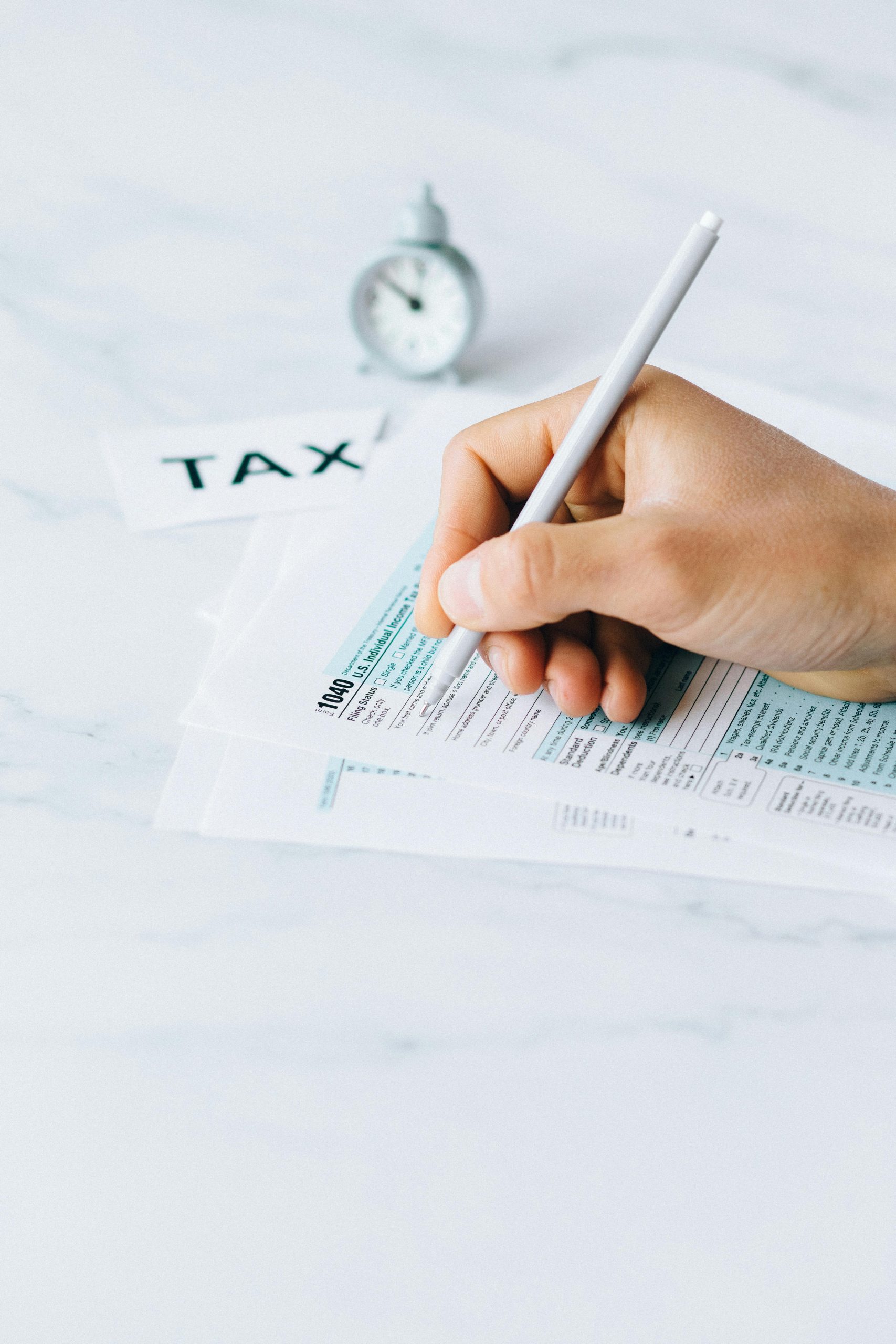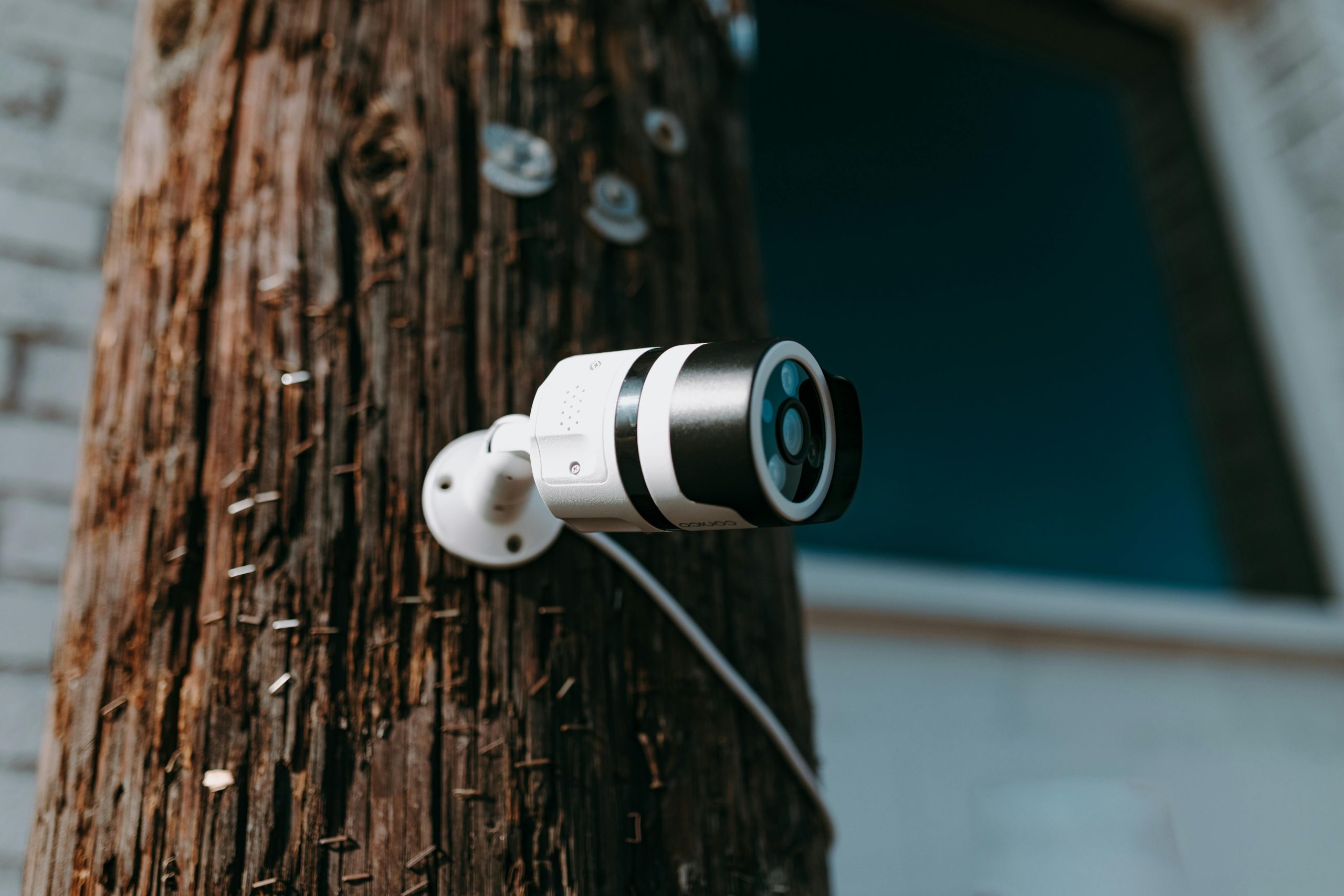Understanding Financial Responsibilities After Uninsured Vehicle Incidents
Dealing with car accidents can be stressful enough, but what happens when the at-fault driver lacks insurance? Many drivers wonder whether they will be required to pay out-of-pocket damages and what the implications are if the at-fault party refuses to settle their debt.
In situations where an uninsured driver causes significant damage—say, over $100,000—questions naturally arise. Will this individual be personally liable for the full amount, or does their liability end there? Typically, if someone hits your vehicle without insurance, they are responsible for covering damages directly from their personal funds. However, enforcement can be complicated, especially if the at-fault party has a history of financial irresponsibility or previous legal issues.
What takes place if the at-fault driver chooses to ignore the bill? Unfortunately, unpaid damages can lead to a host of long-term consequences. The responsible party might face legal action, wage garnishments, or asset seizures in an effort to recover owed funds. Yet, the process can be lengthy and uncertain, especially if the individual is intentionally avoiding payment.
If you find yourself in such a situation—particularly with severe damages—it’s crucial to explore all avenues of recovery. Filing a claim through your own insurance provider, especially if you have uninsured motorist coverage, can help mitigate financial losses. Additionally, consulting with a legal professional can provide guidance on how to pursue compensation and protect your interests.
Ultimately, incidents where the responsible party refuses to pay can be complex and exhausting. Ensuring proper coverage and understanding the legal recourse available can make a significant difference when facing uninsured drivers and substantial damages.



